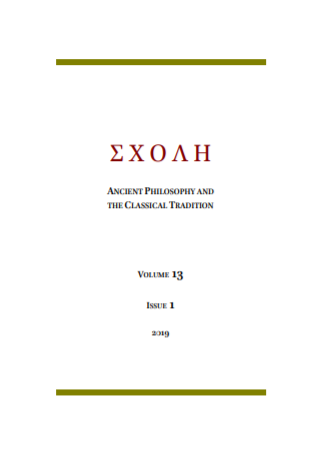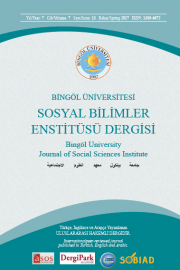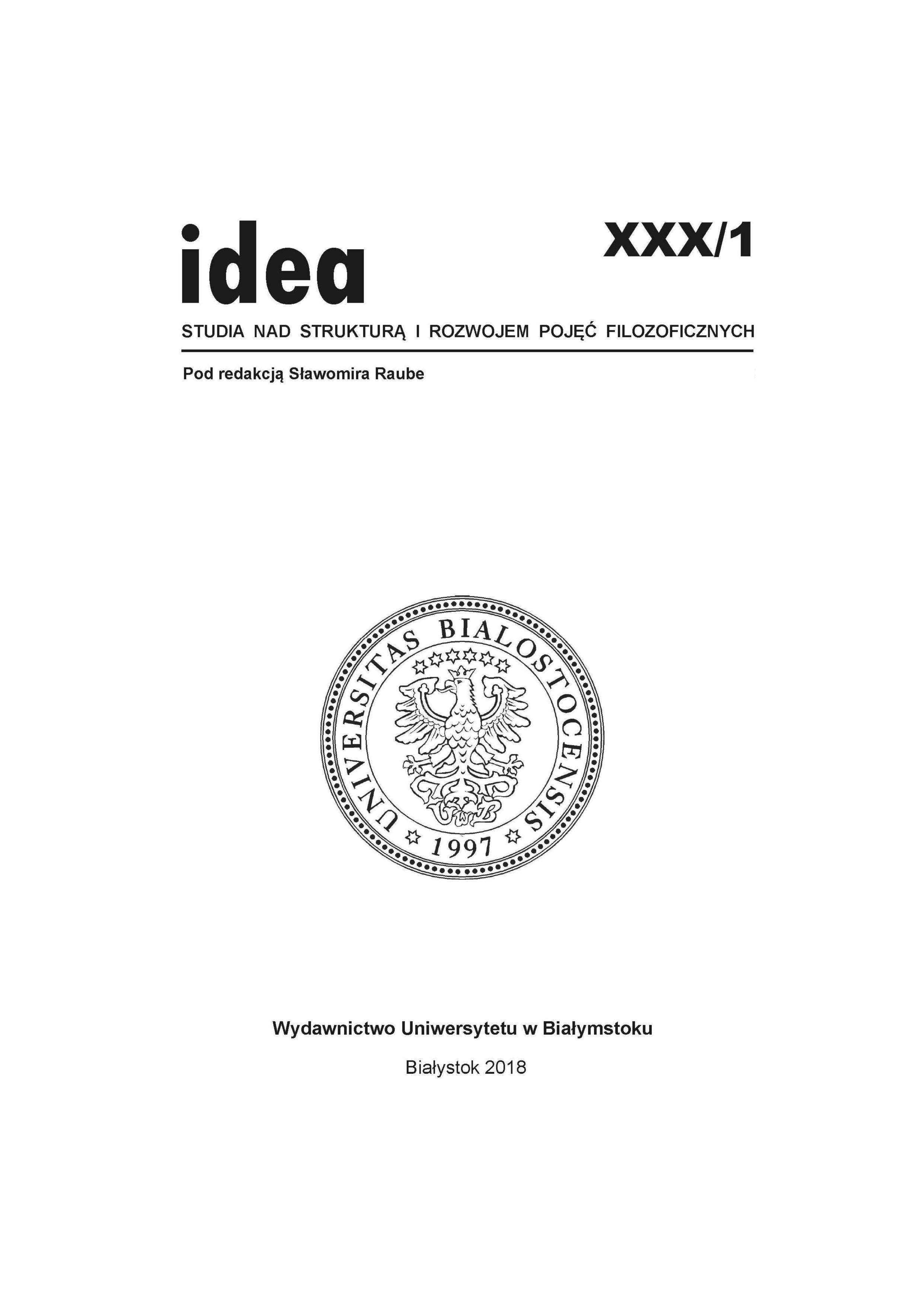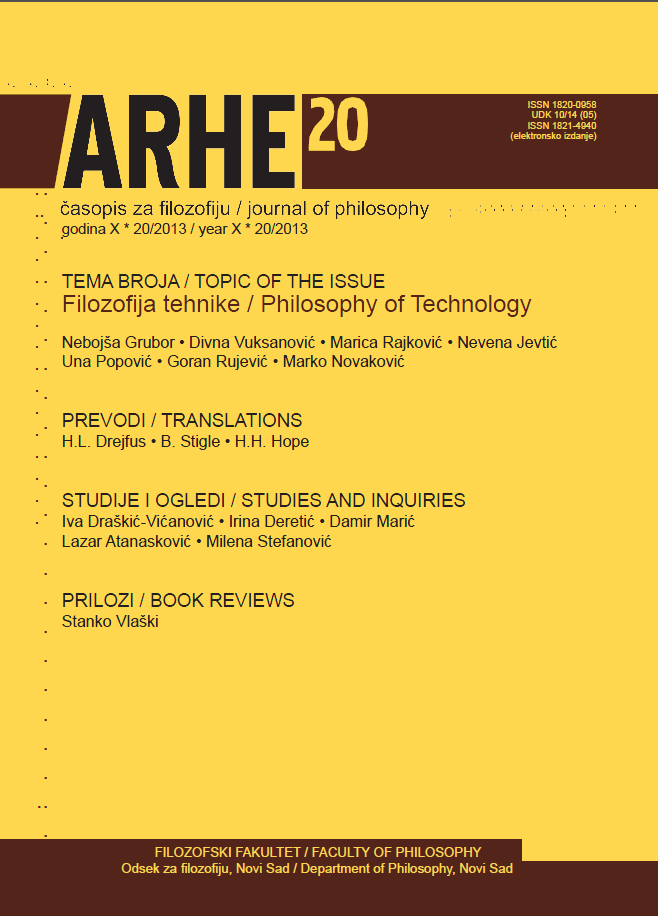Author(s): Mirjana Stefanovski / Language(s): Serbian
Issue: 1-4/2001
According to Augustin's ethical thought, there exists natural law (lex naturalis) which, in conformity with eternal law (lex aeterna) as the underlying basis of the natural order by divine disposition, establishes and determines a particular nature. That is a moral law inherent in the human nature, its innate motive, canon and standard. The notions of good and just are inscribed in human hearts and inspires them to long for good. These features of eternal law, contained as lex rationis in the human mind, are seen as inner truth and can be grasped by any reasonable soul. However, as the value judgment is not only a reasonable, but also a free choice, since only free will can be the object of moral obligation, the moral sense of action is determined by ethical will, i.e. love. It is a love that makes one love or hate the longing for good or disposition for evil, the two opposing kinds of love in man. The love of love is a capability of moral valuation and value self-judgment. However, it is also a moral feeling, a unique ethical and emotional attitude. Finally, it is a power of self-constraint and moral selfdetermination. As a reasonable choice, moral judgment means the cognition of universal and invariable determinants of eternal law; it means the cognition of good. As a free choice, moral judgment means the acceptance of those determinants consciously and willingly; it means the love of good. Ethical will, as a condition for moral self-determination, requires that a reasonable and free choice become an established and consistent moral and emotional position, and, at the same time, it implies virtue as a moral power of that reasonable love. Augustin's concept of the love of love in his ethical thought unifies the cognition of good and the love of good, while there prevails the opposition of the notions of love and law. The conformity of law and love is based on the fundamental notion of order. Order is a right arrangement of different things, each of them in its proper place. The proper position in a natural order (locus naturalis) is the place in which each nature fulfills its innate purpose and is realized to its full extent, to the perfection of its own self. Natural law, representing both an inherent primary motive and a determinant of purpose, is an impressed notion (notio impressa) of the fundamental model of natural order, the power of cognition of an overall and sensible disposition of things. Moral self-determination, on the other hand, means the conformity of one's own nature to the universal order, the realization of the proper order within man'sinner self, in accordance with the just natural order. Since justice is a proper inclination for love, and virtue a disposed love, justice and love converge in a unique definition -- ordo amoris -- the order of love.
More...








